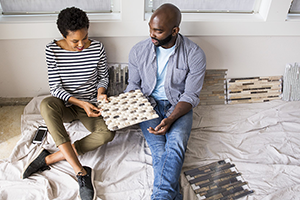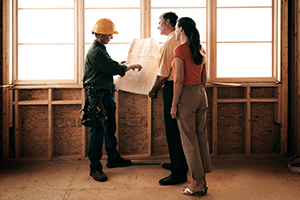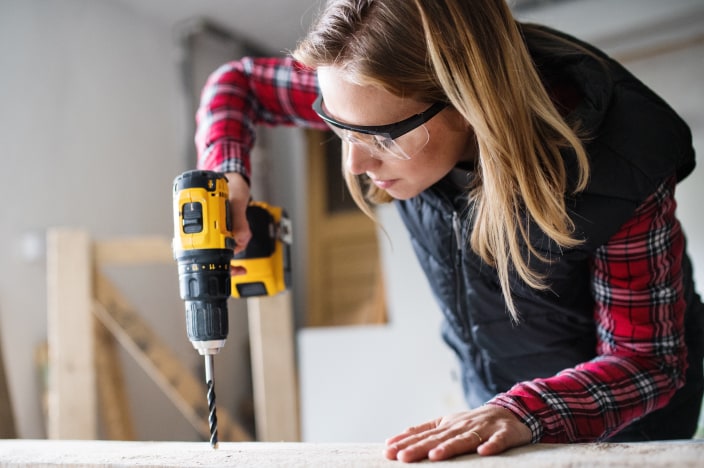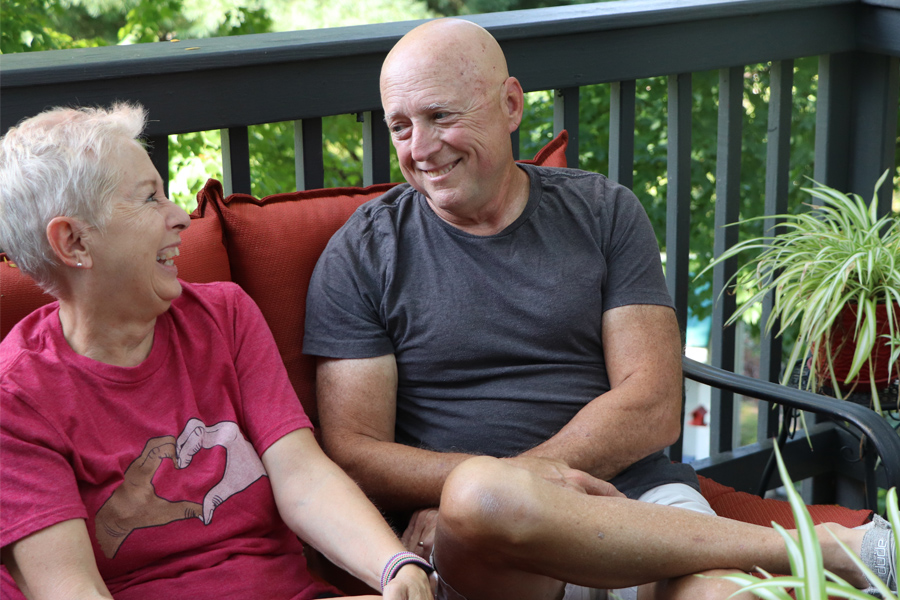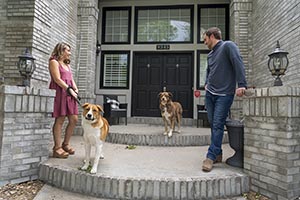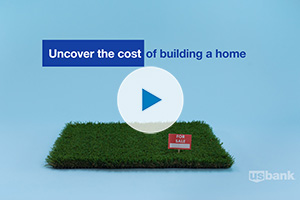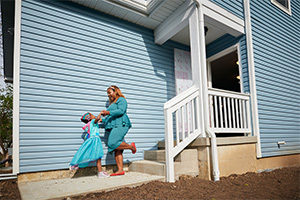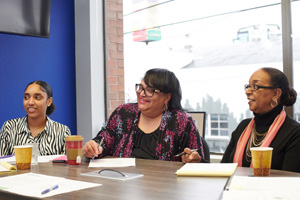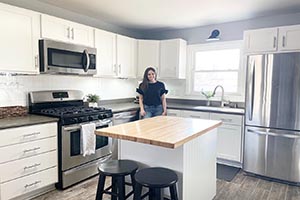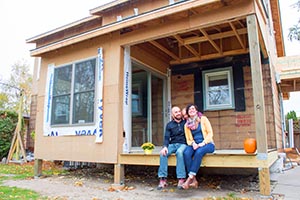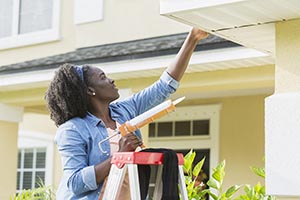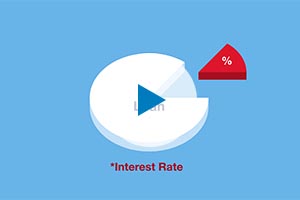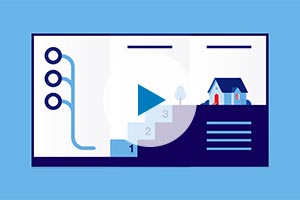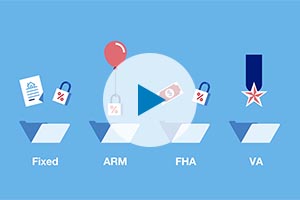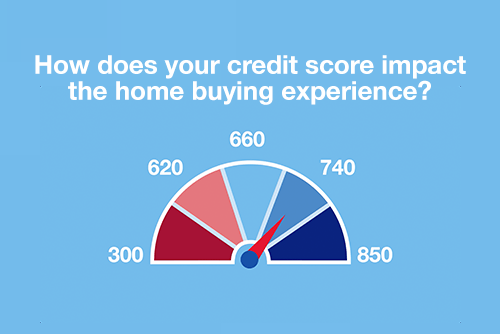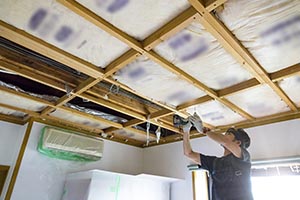Knowledge is power. By asking the right questions, you can feel confident in your home-purchase decision.
Buying a house can feel like an audition: You’re brushing up your credit score, getting paperwork in order, writing a compelling offer and generally presenting yourself as an attractive buyer. But you’re also entitled to ask some tough questions when buying a home, whether it be of the lender, real estate agent or seller.
Here are six important questions to help you make the right choice when you decide on your next home.
1. What are comparable houses selling for?
It’s not just how to buy a home, but how to pay the right price. Comparables, or comps, are the prices of nearby homes of a similar age, size and condition. Ask your real estate agent to look for you or check them out for yourself on Redfin or Trulia. Also find the high and low sale prices for the area where you’re searching, which will help you determine the right amount to offer. As you apply for a mortgage on a specific home, an appraiser will analyze comp data in detail. Know beforehand whether your offer fits the neighborhood to avoid coming up short on your appraisal.
2. Are there foreclosures in the area?
Even if your property isn’t a foreclosure, nearby foreclosures can significantly affect property values. Ask whether previous sales were influenced by foreclosures in the area. In some cases, a high rate of foreclosure can result in a bargain, if you’re willing to wait until the neighborhood turns around and new owners move in. Talk to a real estate agent about how to buy a foreclosed home.
3. How flexible is the seller?
You probably won’t meet the seller, but your real estate agent can help you get an insight into the seller’s mindset. Are they lukewarm about moving, or is there urgency to their plans? Is the seller the homeowner or a third party like a relocation company? Individual homeowners, especially those with established equity, tend to be more flexible than third parties or investors. Price isn’t the only thing you can negotiate; you can ask the seller to pay part of your closing costs or to leave behind appliances or other fixtures. It doesn’t hurt to ask.
4. Is the home in a floodplain?
Your lender or real estate agent should be able to answer this question for you. If the home is in a floodplain, it could mean mandatory flood insurance, which can be expensive. Make sure you get a clear answer on this.
5. What’s wrong with the house?
The seller is required to disclose information about major concerns, such as flood damage. But, for minor issues, the seller probably won’t be in a hurry to answer. You’ll get the best information from your home inspector. The period between the home inspection and closing is your last chance to get the seller to pay for repairs. Tag along on the inspection to watch an examination of every potential blemish the property might have.
6. Can paperwork be produced?
Ask about paperwork regarding appliances and the inner workings of a home. Knowing the age of a furnace or whether your water softener is under warranty can influence costs down the road. Repair manuals can be very helpful if you need to troubleshoot older appliances. Don’t hesitate to ask.
Ready for your dream home? Learn more about buying a home.
